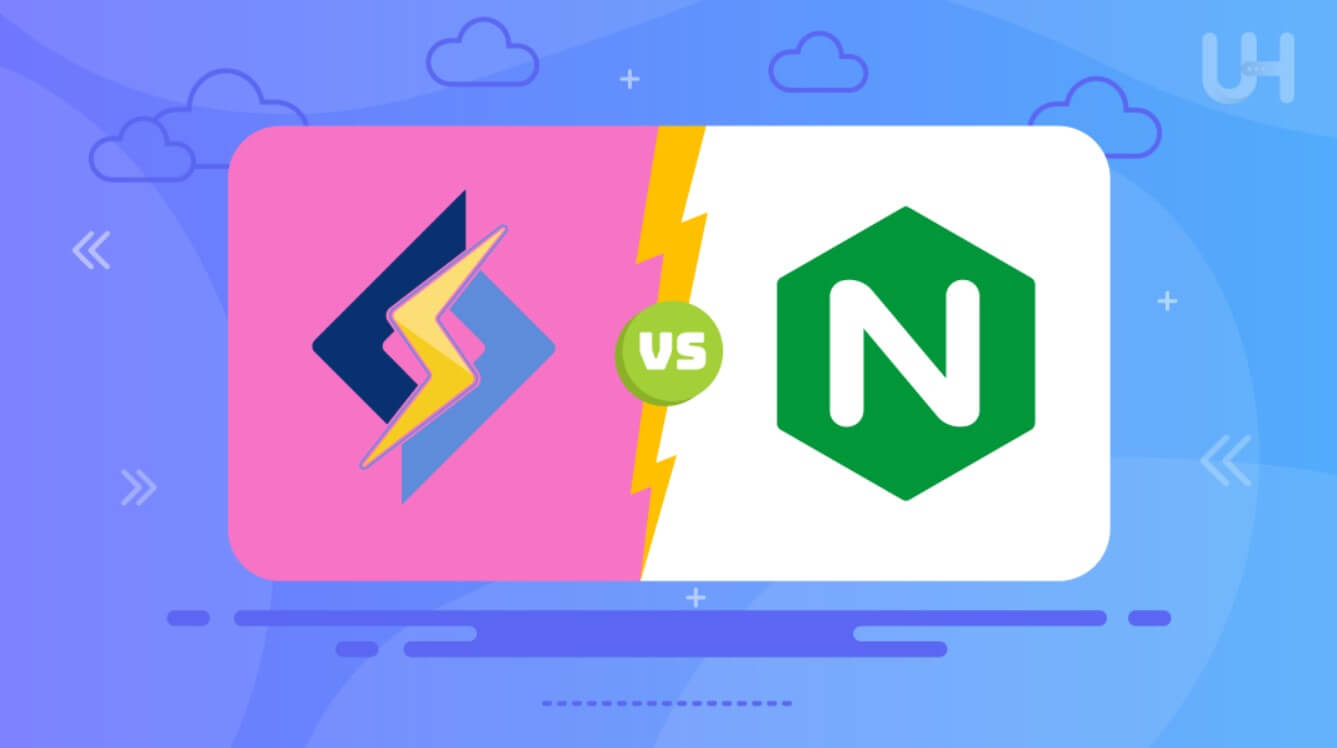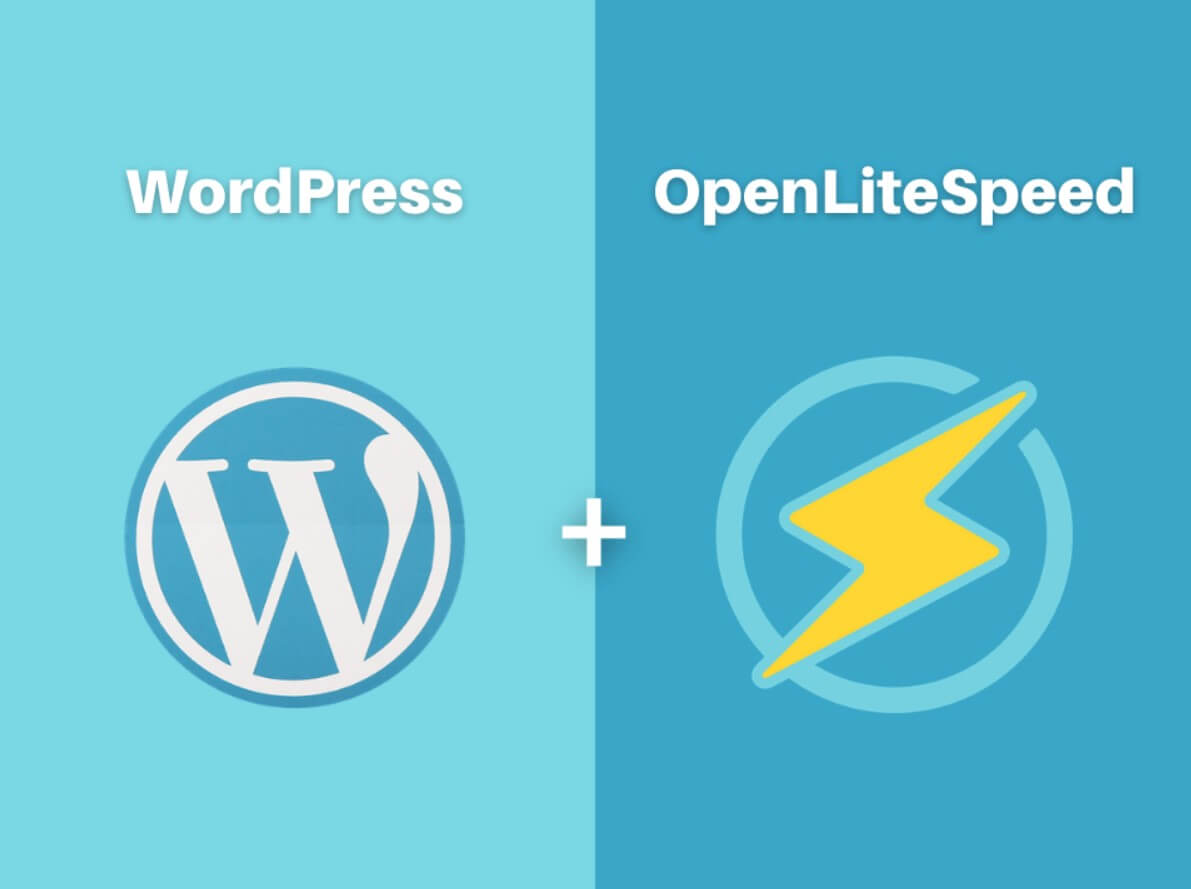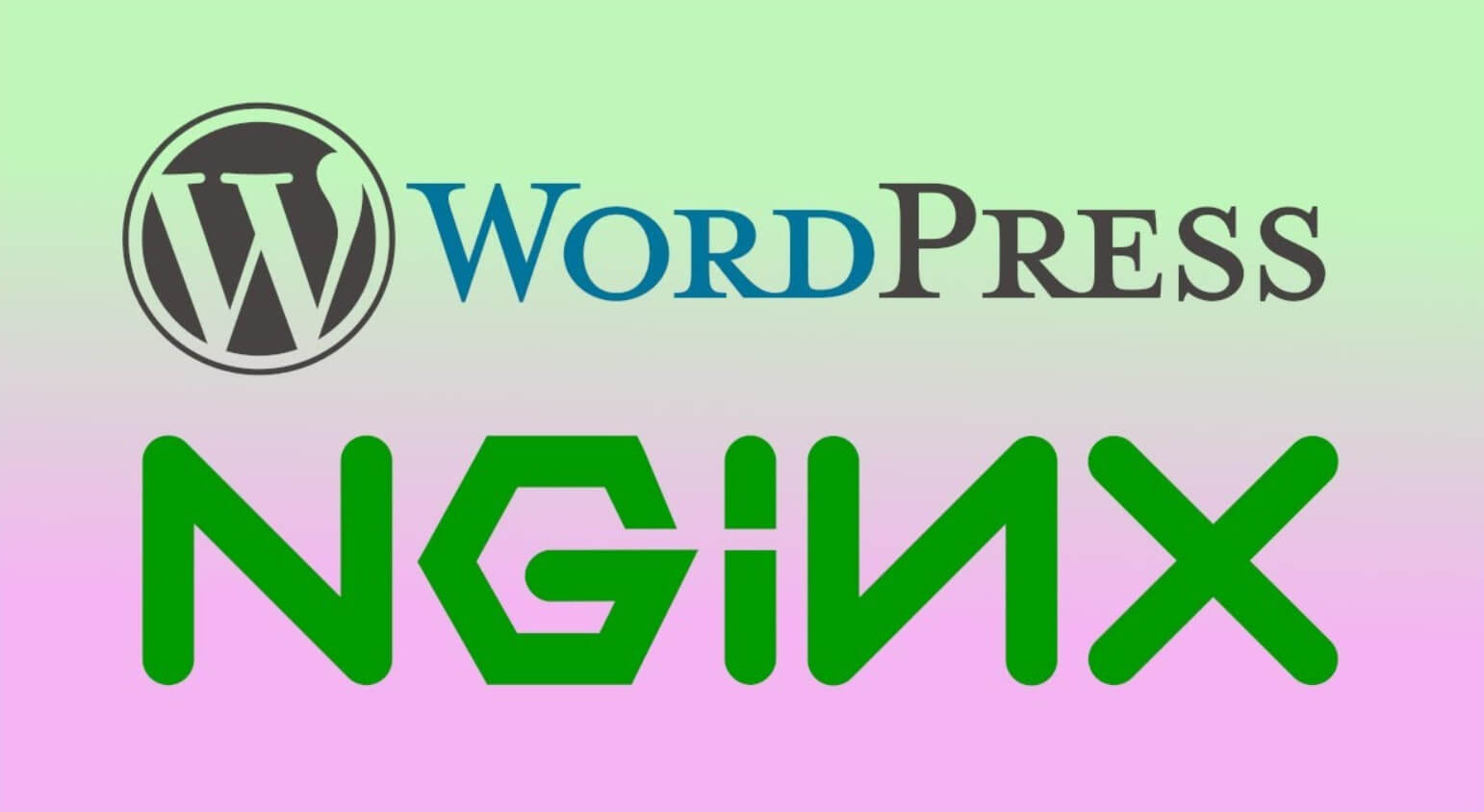Nginx vs OpenLiteSpeed for WordPress: 7 Key Differences to Choose the Best Server

Choosing the right server for your WordPress site is critical for speed, performance, and scalability. Two of the most powerful web servers—Nginx and OpenLiteSpeed—are often debated as the best options for WordPress hosting.
But which one is truly better?
Both Nginx and OpenLiteSpeed offer fast content delivery, efficient caching, and high-performance features, but they work differently. This detailed comparison of Nginx vs OpenLiteSpeed for WordPress will help you decide which is best for your website.
Let’s dive deep into their speed, configuration, security, caching, and ease of use to determine the ultimate winner.
Understanding the Basics of Nginx and OpenLiteSpeed
What is Nginx?
Nginx is an open-source, high-performance web server designed to handle high traffic with minimal resource consumption. It is known for:
Asynchronous event-driven architecture: Efficiently manages multiple requests.
Reverse proxy and load balancing: Distributes traffic across multiple servers.
Fast static content delivery: Ideal for serving CSS, JavaScript, and images.
Flexible configurations: Custom caching and security settings.
Major platforms like Netflix, WordPress.com, and Cloudflare rely on Nginx for high scalability and performance.
What is OpenLiteSpeed?
OpenLiteSpeed (OLS) is the open-source version of LiteSpeed Web Server, optimized specifically for WordPress. Its key features include:
Built-in LiteSpeed Cache (LSCache): Reduces page load time significantly.
Asynchronous request handling: Speeds up content processing.
Apache .htaccess compatibility: Makes it easy to migrate from Apache.
Enhanced security: Includes DDoS protection, ModSecurity, and WAF.
Due to its lightweight nature and advanced caching, OpenLiteSpeed is becoming a preferred choice for WordPress hosting.
Nginx vs OpenLiteSpeed for WordPress: Key Comparisons

1. Performance & Speed
Website speed impacts SEO, user experience, and conversion rates. So, which server is faster?
Nginx Performance for WordPress
✅ Uses a worker-process model to handle concurrent users efficiently.
✅ Requires external caching plugins like FastCGI Cache or Redis for dynamic content.
✅ Performs well with CDN integration but needs fine-tuning.
OpenLiteSpeed Performance for WordPress
✅ LSCache integration speeds up WordPress pages significantly.
✅ LiteSpeed API (LSAPI) processes PHP faster than Nginx’s FastCGI.
✅ Lower latency due to event-driven request handling.
🏆 Winner: OpenLiteSpeed – Thanks to LSCache, it requires fewer optimizations and is naturally faster for WordPress.
2. Ease of Setup & Configuration
A web server should be easy to configure, especially for WordPress users.
Setting Up Nginx for WordPress
🔹 Requires manual configuration via nginx.conf.
🔹 Needs separate cache and permalink rules.
🔹 Works with Let’s Encrypt SSL, but setup takes extra steps.
Setting Up OpenLiteSpeed for WordPress

🔹 Has a user-friendly web-based interface for easy management.
🔹 Supports Apache’s .htaccess, making it simpler for beginners.
🔹 Comes with pre-configured WordPress settings, reducing manual work.
🏆 Winner: OpenLiteSpeed – Easier for beginners and requires less manual configuration.
3. Resource Usage & Scalability
For high-traffic WordPress sites, efficient resource usage is crucial.
Nginx Resource Management
✔ Uses event-driven architecture to handle thousands of connections.
✔ Low memory consumption, ideal for large-scale websites.
✔ Needs external caching for dynamic content to improve performance.
OpenLiteSpeed Resource Management
✔ More lightweight than Nginx in handling WordPress requests.
✔ LSCache reduces database queries, lowering CPU usage.
✔ Ideal for small VPS hosting with limited resources.
🏆 Winner: OpenLiteSpeed – Consumes fewer resources while delivering better speed.
4. Security Features
Security is essential for protecting WordPress from attacks and vulnerabilities.
Nginx Security for WordPress
🔐 Supports ModSecurity and other WAF solutions.
🔐 Provides DDoS protection via rate-limiting and fail2ban.
🔐 Requires custom security configurations for WordPress hardening.
OpenLiteSpeed Security for WordPress
🔐 Built-in WAF and ModSecurity rules.
🔐 Includes anti-DDoS measures and reCAPTCHA for bot prevention.
🔐 More secure out-of-the-box than Nginx.
🏆 Winner: OpenLiteSpeed – Comes with better built-in security for WordPress.
5. WordPress Compatibility & Plugin Support
A good server should seamlessly support WordPress plugins and caching mechanisms.
Nginx WordPress Plugin Support

✔ Works with WP Rocket, W3 Total Cache, and Redis Cache.
✔ Needs custom caching configurations.
✔ Does not support .htaccess, requiring separate Nginx rules.
OpenLiteSpeed WordPress Plugin Support
✔ Fully optimized with the LiteSpeed Cache Plugin.
✔ No additional caching plugin required.
✔ Supports Apache’s .htaccess, making it easier to migrate from Apache.
🏆 Winner: OpenLiteSpeed – Natively optimized for WordPress caching.
Final Verdict: Which Server is Best for WordPress?
| Feature | Nginx | OpenLiteSpeed |
|---|---|---|
| Performance | Fast, requires caching plugins | Faster, built-in LSCache |
| Ease of Setup | Manual configuration needed | Pre-configured for WordPress |
| Resource Usage | Efficient for large-scale sites | More lightweight & efficient |
| Security | Strong but needs extra setup | Built-in security features |
| WordPress Optimization | Requires extra plugins | Optimized with LSCache |
| Community & Support | Large support network | Growing but smaller |
Final Recommendation
✅ Use Nginx if you need a scalable, enterprise-level server with advanced customization.
✅ Use OpenLiteSpeed if you want the best performance for WordPress with easy setup.
For most WordPress users, OpenLiteSpeed is the best choice due to its built-in caching, ease of use, and optimized performance.
Frequently Asked Questions
Which is better for WordPress, Nginx or OpenLiteSpeed?
OpenLiteSpeed is generally better for WordPress due to its LiteSpeed Cache and easy configuration.
Does OpenLiteSpeed support .htaccess?
Yes, OpenLiteSpeed supports .htaccess, making it easy to migrate from Apache.
Which server offers better caching for WordPress?
OpenLiteSpeed has LSCache, a built-in caching system superior to Nginx’s FastCGI cache.
Is Nginx or OpenLiteSpeed better for high-traffic sites?
Nginx is better for very high-traffic sites that need load balancing and reverse proxying.





